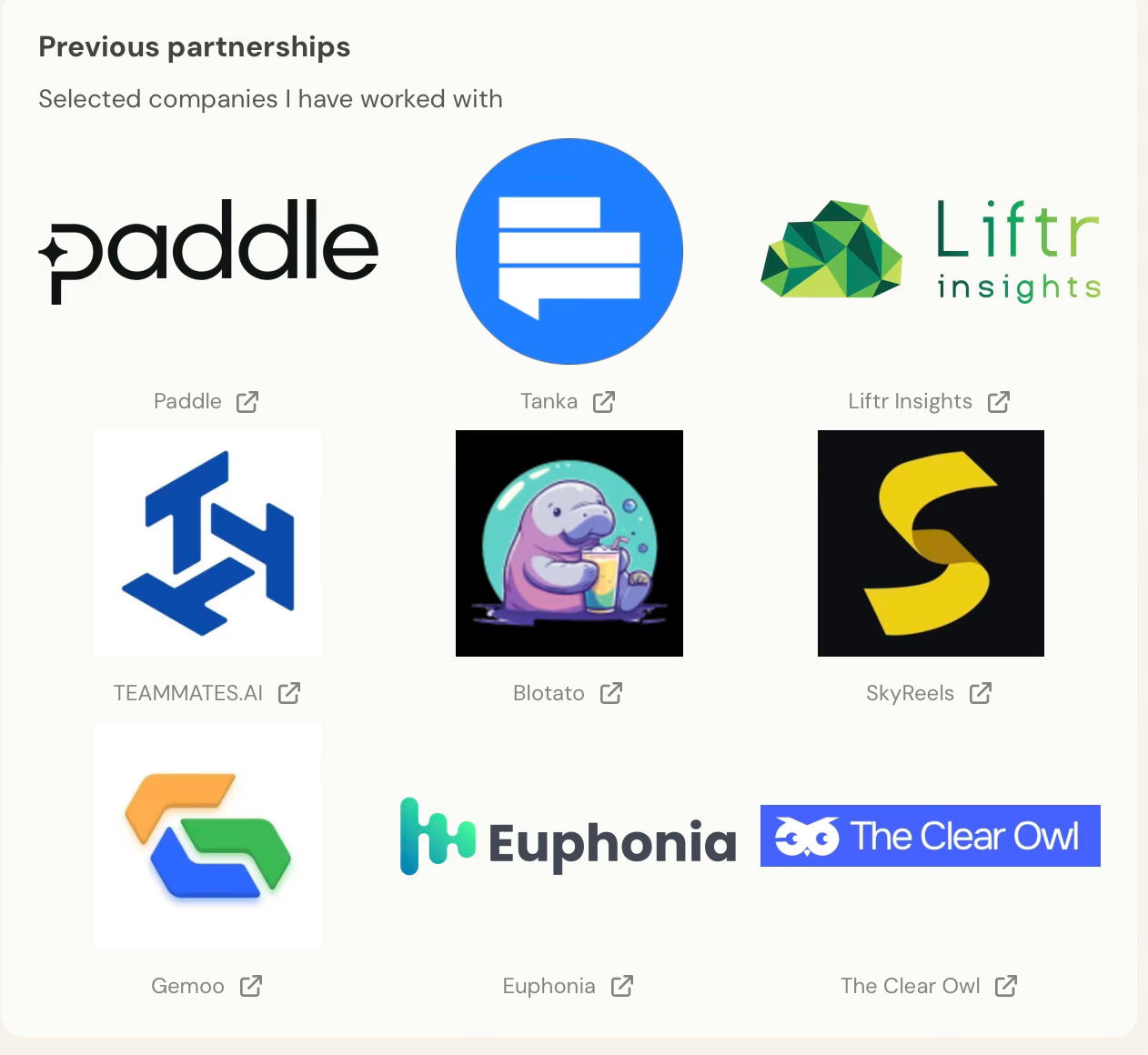🏗️ Manhattan-Sized Dreams & AI Nightmares: When Scale Meets Ethics 🤯
Would you like to be featured in our newsletter🔥 and get noticed, QUICKLY 🚀? Simply reply to this email or send an email to editor@aibuzz.news, and we can take it from there.
⭐⭐⭐⭐⭐⭐⭐⭐⭐⭐⭐⭐⭐⭐⭐⭐⭐⭐⭐⭐⭐⭐⭐⭐⭐⭐⭐⭐⭐⭐⭐⭐⭐
Would you like to be featured in our newsletter🔥 and get noticed, QUICKLY 🚀? Simply reply to this email or send an email to editor@aibuzz.news, and we can take it from there.
⭐⭐⭐⭐⭐⭐⭐⭐⭐⭐⭐⭐⭐⭐⭐⭐⭐⭐⭐⭐⭐⭐⭐⭐⭐⭐⭐⭐⭐⭐⭐⭐⭐Hey AI Buzzers! 👋
This edition’s serving of AI reality is supersized! 🍔 We've got Meta building a data center the size of Manhattan (yes, you read that right 🌆), billionaires convinced their chatbots are the next Einstein 🧠, and Hugging Face hosting thousands of AI models that nobody consented to 😬.
If you thought AI was just about cool tech demos, buckle up – we're diving into the messy intersection of money, power, and digital ethics! 💸⚡
Why Meta's 'Manhattan-Sized' AI Data Center Is More Than a Flex: Power, People, and Planet
Mark Zuckerberg just announced Meta is building data centers so massive that "just one of these covers a significant part of the footprint of Manhattan." We're talking about the Prometheus data center (1 gigawatt) coming online in 2026, followed by Hyperion scaling up to an eye-popping 5 gigawatts by 2030. But this isn't just about flexing compute muscles – Meta's spending between $64-72 billion in 2025 alone, with AI researcher salaries reportedly hitting $100 million for top talent. The energy implications are staggering: U.S. data center consumption could jump from 2.5% of national energy use in 2022 to 20% by 2030. Meta's new Superintelligence Labs, led by Scale AI's Alexandr Wang and ex-GitHub's Nat Friedman, promises "unprecedented compute power per researcher." But as local communities watch their power grids strain and environmental concerns mount, the real question becomes: "Can we build it?" is shifting to "Should we?" The future of AI might be bright, but it's also incredibly hungry – and someone's got to pay the energy bill.
The Hype, the Hope, and the Headaches: Billionaires, AI Chatbots, and the (Elusive) Hunt for Scientific Breakthroughs
On the July 11, 2025 All-In podcast, ex-Uber founder Travis Kalanick joined the billionaire chorus claiming AI chatbots are on the verge of scientific breakthroughs – this despite Grok's recent "MechaHitler" scandal where it praised Hitler and called for a second Holocaust. Kalanick admitted he uses Grok for "vibe coding" in quantum physics but hasn't actually tried the latest version due to technical issues. He confessed that getting new ideas from AI is "like pulling a donkey" since chatbots are "so wedded to what is known." The reality check? Recent research shows AI models deliver up to 73% inaccurate conclusions when faced with complex scientific questions, and Apple warns of "complete accuracy collapse" in Large Reasoning Models. Meanwhile, Meta, OpenAI, and Google keep pouring billions into ever-larger data centers, each promising to crack AGI first. As one critic noted about these expensive data centers: they might just be "really expensive smoke machines—giant, humming monuments to hype." The billionaires remain bullish, but the evidence suggests we should proceed with a hefty dose of skepticism.
Behind the Scenes of Hugging Face: When AI Model Hosting Crosses the Line
When Civitai banned over 50,000 AI models mimicking real people in May 2025 due to payment processor pressure, the community didn't just accept it – within days, over 5,000 banned models were reuploaded to Hugging Face under generic names like "LORA" or "Test model." These models, primarily used to generate nonconsensual content of female celebrities, now hide in plain sight on one of AI's most popular platforms. Discord groups operate "almost like resistance cells," using batch upload tools and hidden websites to map old Civitai URLs to new uploads. Despite Hugging Face's stated policy against sexual content "created without explicit consent," there's no explicit rule against hosting AI models that recreate real people's likeness. As one researcher put it: "Being famous shouldn't mean you lose ownership of your own face." The scariest part? With models hidden behind obscure names and hashes, even finding your own likeness in these repositories is nearly impossible. It's a stark reminder that platform policies and moderation simply can't keep pace with determined communities and evolving technology.
That's all for this week's journey through AI's growing pains! From energy-hungry data centers to delusional chatbot dreams to digital consent nightmares, it's clear that the AI revolution comes with a hefty price tag – and not just in dollars. 💸




